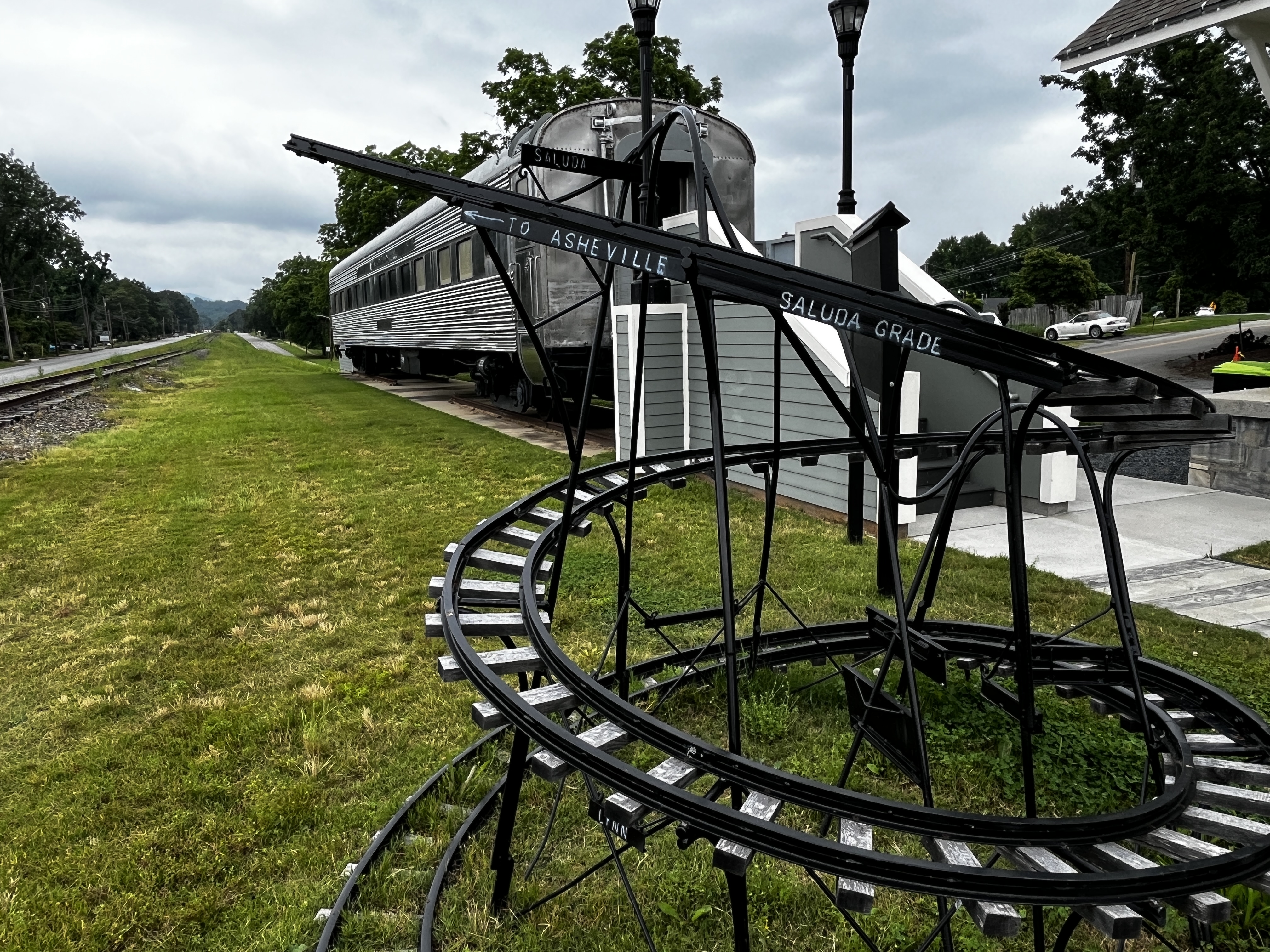The hidden cost of utilities
Published 12:51 pm Tuesday, May 6, 2025
|
Getting your Trinity Audio player ready...
|
Many buyers find comfort in knowing that their property is connected to municipal water and sewer systems when purchasing a home in a small town. These connections can eliminate the need to inspect well water for quality and pressure or locate and evaluate a septic system—steps that can be costly, time-consuming, and sometimes overlooked.
However, even within city limits or just outside the boundaries, properties may still rely on private wells and septic systems. Sometimes, homeowners — particularly those in long-term care facilities or investors flipping properties for a quick sale — may not fully understand which utilities are available or in use on a given property.
When a home is sold by heirs or through an estate, key details like utility type, system condition, and even the presence of a seller’s disclosure may be absent. In these situations, it is especially important for all parties — including buyers and real estate brokers — to do their due diligence.
Unfortunately, utility conditions are often ignored. Some buyers trust verbal assurances from sellers or agents who may not want to deal with inspection costs or potential repairs. This oversight can prove costly.
The bottom line: Don’t skip the utility inspection. It could save you thousands of dollars in the long run.
Beyond the physical systems themselves, buyers should also consider the cost of using public utilities and any long-standing issues involving access to them. Does your county have a history of disputes over water sources, jurisdictional authority or infrastructure costs?
In Polk County, for example, water availability and distribution have been contentious topics for years. The slow extension of a new water line along Highway 108 has raised questions about future tax implications. If you’re satisfied with your existing well and septic system, you might wonder: Will I be forced to connect to public utilities? And will I be taxed for something I neither asked for nor need?
The answer is: You need to be informed. The best way to stay ahead of these changes is by attending zoning board meetings, showing up at county commissioner hearings, and asking direct questions of your town or county administrators.
The Town of Tryon, for instance, has experienced infrastructure issues tied to its aging sewer system — problems that aren’t always obvious but affect nearly every homeowner connected to the grid. In some areas, the sewer network resembles a multi-bypass system, patched together over decades with little capacity left to spare.
Will these issues be resolved? If so, when and how will the repairs be funded? If local governments lack the budget to make necessary upgrades, the cost could fall on taxpayers through future rate hikes or special assessments.
While this may sound like doom and gloom, it doesn’t have to be. Home buyers and residents alike have a right to know the state of their local utilities. The key is to stay engaged: attend public meetings, review utility reports, and ask questions before you buy or sign anything.
Knowledge is protection — and prevention. If you ignore the condition of your water and sewer systems today, you might end up smelling more than the roses tomorrow.






